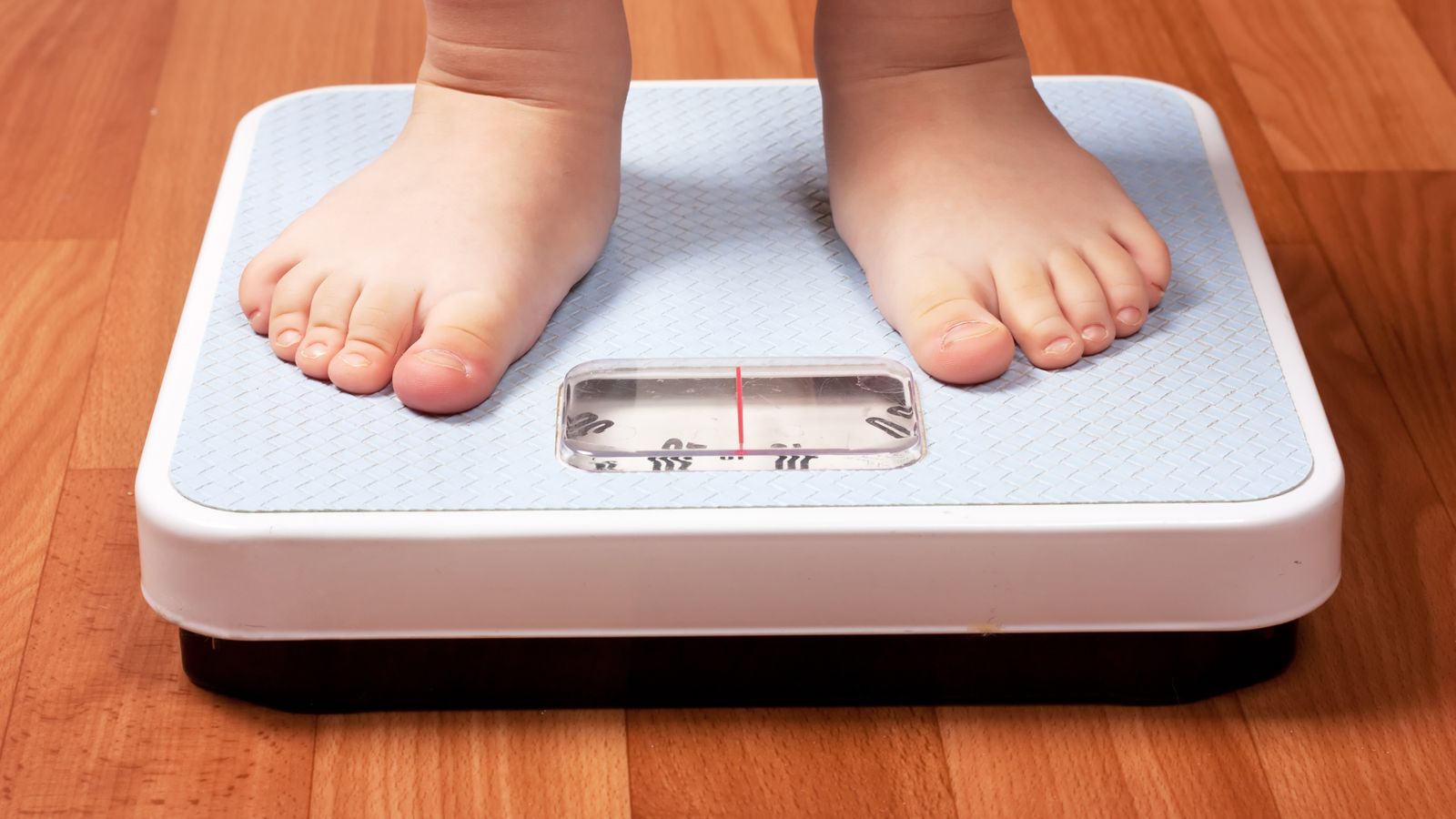Parents are calling on the government to scrap a decision to weigh young people when they start school in September.
Pupils will step on the scales in primary schools as part of the National Child Measurement Programme (NCMP), following fears the coronavirus pandemic has worsened child obesity.
NCMP was halted in 2020 at the onset of the pandemic but will be reintroduced in September, with children in reception and year six being weighed.
Amid growing concerns from parents, Kelly Oakes, a supporter engagement consultant at YoungMinds, has launched an online petition calling on the government to stop the policy.
Mrs Oakes, from Essex, said she believes it is damaging for a young person to be weighed at school, drawing on her personal battle when she was young.
The 41-year-old developed an eating disorder and refused to be weighed in year six, creating issues which came to the surface when she lost her parents and had a miscarriage as an adult.
“I had to self-heal and through that, I wrote a book which was published in January. It was the first time my family knew about my eating disorder,” she told Sky News.
“Children should not be weighed in school; it is damaging for a young person as my experience has shown.
“Children will talk about being weighed at school and this conversation around weight and appearance seems unnecessary.”
She added that her “generation is obsessed with weight and diet culture and if we can stop that being replicated from our children that would be great”.
Amita Wilson, who has two children in primary school in Watford, said she can see the benefit of managing a child’s weight but feels doing this in school is not the best approach.
“I am not sure if the school should be weighing children, this could open up a whole set of other issues, such as mental health problems and eating disorders,” Mrs Wilson said.
“Children may change their behaviours leading up to a weigh-in and a more subtle private approach, led by parents, would be better rather than leading to a situation where children are potentially thinking about and discussing weight with peers.”
Mrs Oakes noted in her petition that eating disorders in children have doubled in the past year, with the NHS seeing more urgent and routine referrals.
The latest available figures from NCMP show that in reception – ages four and five – the prevalence of obesity increased from 9.7% in 2018-19 to 9.9% in 2019-20.
In year six, that figure rose from 20.2% in 2018-19 to 21% the following year.
But data shared by Beat, an eating disorder charity, showed between 1.25 and 3.4 million people in the UK suffer from an eating disorder, which many develop during adolescence.
And NHS data on eating disorders showed a four-fold increase in the number of children and young people waiting for urgent care.
Rachel Vecht, who is a former teacher and founder of Educating Matters, said highlighting weight at a young age can lead to bullying between children.
“By year six, children are much more aware of each other’s weights and you can imagine how it could lead to nasty comments from peers when a child is visibly overweight,” she said.
“I do however understand why health services are trying to keep track of a child’s weight because child obesity is up but is there a way to facilitate this outside a school setting?
“Parenting today is so challenging because there are so many influences that children are exposed to beyond our control, largely on social media where unhealthy, unrealistic body images are portrayed.”
Follow the Daily podcast on Apple Podcasts, Google Podcasts, Spotify, Spreaker
Sherry Narula, a teaching assistant at a private school in north London and a parent, believes it is a “fantastic thing because the weight of children is increasing, so it’s important to monitor it”.
A Department of Health spokesperson said: “With one in three children leaving primary school overweight, our world-leading strategy aims to halve the number of children living with obesity by 2030.
“We have dedicated £100 million of funding to support children, adults and families achieve and maintain a healthier weight.
“As part of this, we are funding training for healthcare professionals so they can confidently assess and support children’s needs, while also empowering parents to make healthy choices on behalf of their child.
“The upcoming launch of the new Office for Health Promotion will also help level up the health of the UK by tackling obesity, improving mental health and promoting physical activity.”






















